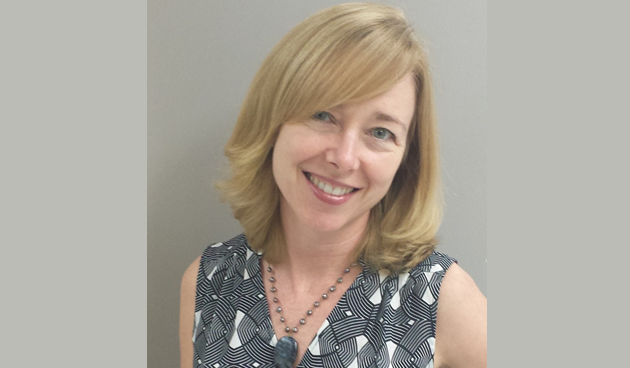I read with avid interest the recent Saturday essay in the Wall Street Journal (9/6/13) where Katy Butler eloquently describes her mother’s decision to forgo a valve replacement surgery, electing instead, at 83, to live with the real possibility of her death, though perhaps earlier than her cardiologist would have liked. She chose a natural death that per her daughter Katy was one that was imperfect yes, but also “good enough.” It really made me think about the cultural sea change going on within our hospitals. I walk by patients’ rooms, I look in and often see a wasted temple, a frail and elderly patient, a skinny leg, alone and awaiting the next transition, often to rehab or a nursing home; rarely to home, to an envelope of love, comfort and care, and to the waiting arms of natural death.
My own experiences with natural death have been wholly positive. My own great grandfather, dying from congestive heart failure in the front parlor of his farm house, lay in his bed, a curtain separating this area from the more bustling and busy kitchen. Periodically family members would go sit with him, have a visit, hold his hand, feed him some soup or read him a bit of the newspaper until his peaceful passing. My own beloved father died from lymphoma. He fought hard and was only 60 when he succumbed. He was a vigorous golf playing charmer who loved the ladies, a great joke and a fine bottle of Jordan Cabernet. But when his disease progressed despite the 3rd line chemotherapy he received, he came home with hospice. He was at home and well enough for a couple of weeks to play emperor, demanding his favorite foods which included Krispy Kreme donuts, coconut pie and over-medium eggs, of which he was inordinately picky. But not only did he make these whimsical demands, he also declared that he wanted to spend one-on-one private time with all of his adult children, and their spouses. Those conversations were rare, meaningful and long-lasting, and have provided me with so much solace and closure over the years. I was so grateful that he died in peace, and ease, at home and surrounded by those he loved.
Yet more and more people have no experience with this type of death. A hundred years ago everyone died at home and family cared for their loved one, bathing and dressing the patient after death. Now, movies and TV shows glamorize an ICU hospitalization with beeping machines, with cardiac arrests and CPR. But more than this impact is the reality that no one ever wants to believe that death is something that will happen to them; death is for other people. It’s a bit of an American phenomenon I fear – we have such entitlement. We want to eat whatever we want and be thin. We want to spend whatever we want and have money for retirement. We want to be immortal.
But whose fault is this? In a recent editorial in the Chicago Tribune, an ER resident was lambasting the medical providers, specifically oncologists, for not discussing end of life care. Apparently he had several patients who presented to the ER who were seemingly clueless about the severity of their condition. He felt that “someone” should have discussed dying with the patient before their presentation at the ER. I definitely agree, but I think it’s not a conversation that should only take place between oncologists and cancer patients. I think instead these conversations should take place between parents and children, brothers and sisters, friends and lovers. We must educate one another about death – death in its natural state.
In my own practice, I often address this issue head on. I’ll sit at a patient’s bedside, looking directly into their eyes with kindness and compassion, and saying the word, the word that no one wants to say, that no one wants to hear.
Dying.
I say, “You are dying. We cannot fix you. We so wish we could. But that does not mean we can’t care for you. We can. We can provide you a peaceful passing, warmth and comfort, quality time with your loved ones. This is time that is ringed with honesty, without fear, or pretending, or further futile efforts. This is not a small thing.” And it’s not. Home is the only remedy left, full of familiarity, peace, comfort, surrounded by love. And it is good enough.



Thanks for this wonderful post, Tracy. I jointed the Hospital Medicine movement because of my Dad’s “bad death” with a PCP that never met with the family. Hospitalists are always there to meet with the family and help guide them through the end of life experience. We all need guidance during these painful, confusing moments…. JOE